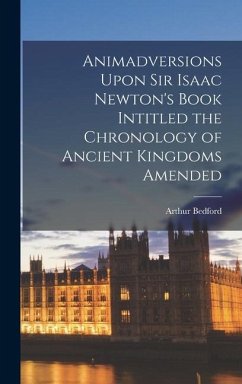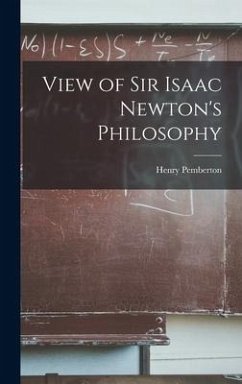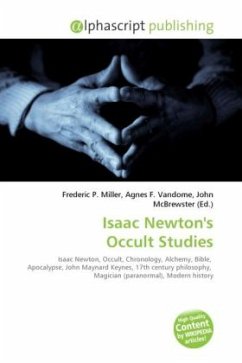
Isaac Newton's Occult Studies
Versandkostenfrei!
Versandfertig in 6-10 Tagen
36,99 €
inkl. MwSt.

PAYBACK Punkte
18 °P sammeln!
Isaac Newton (1642 1727), the noted English scientist and mathematician, wrote many works that would now be classified as occult studies. These occult works explored chronology, alchemy, and Biblical interpretation (especially of the Apocalypse). Newton's scientific work may have been of lesser personal importance to him, as he placed emphasis on rediscovering the occult wisdom of the ancients. In this sense, some have commented that the common reference a "Newtonian Worldview" as being purely mechanistic is somewhat inaccurate. After purchasing and studying Newton's alchemical works in 1942, ...
Isaac Newton (1642 1727), the noted English scientist and mathematician, wrote many works that would now be classified as occult studies. These occult works explored chronology, alchemy, and Biblical interpretation (especially of the Apocalypse). Newton's scientific work may have been of lesser personal importance to him, as he placed emphasis on rediscovering the occult wisdom of the ancients. In this sense, some have commented that the common reference a "Newtonian Worldview" as being purely mechanistic is somewhat inaccurate. After purchasing and studying Newton's alchemical works in 1942, economist John Maynard Keynes, for example, opined that "Newton was not the first of the age of reason, he was the last of the magicians." In the pre-Modern Era of Newton's lifetime, the educated embraced a world view different from that of later centuries. Distinctions taken for granted today such as between science, superstition, and pseudoscience were still being formulated, and a devoutly Christian Biblical perspective permeated Western culture.



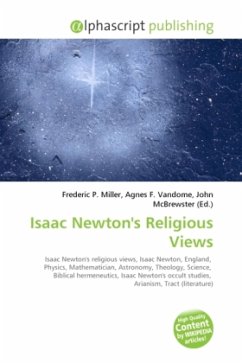
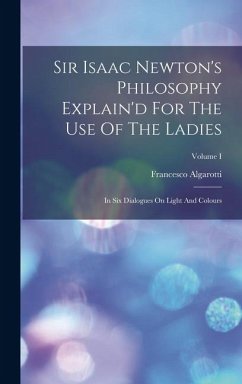
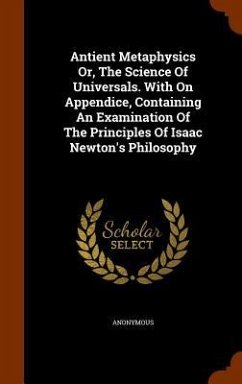
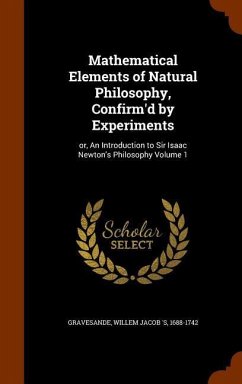
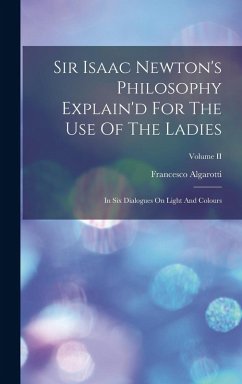
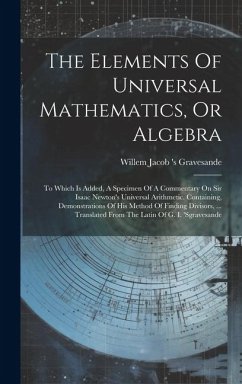
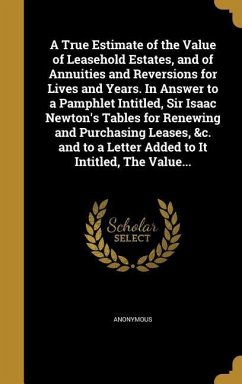
![Ferguson's Astronomy, Explained Upon Sir Isaac Newton's Principles, With Notes And Suppl. Chapters By D. Brewster. [with] Plates Cover Ferguson's Astronomy, Explained Upon Sir Isaac Newton's Principles, With Notes And Suppl. Chapters By D. Brewster. [with] Plates](https://bilder.buecher.de/produkte/68/68590/68590860n.jpg)
